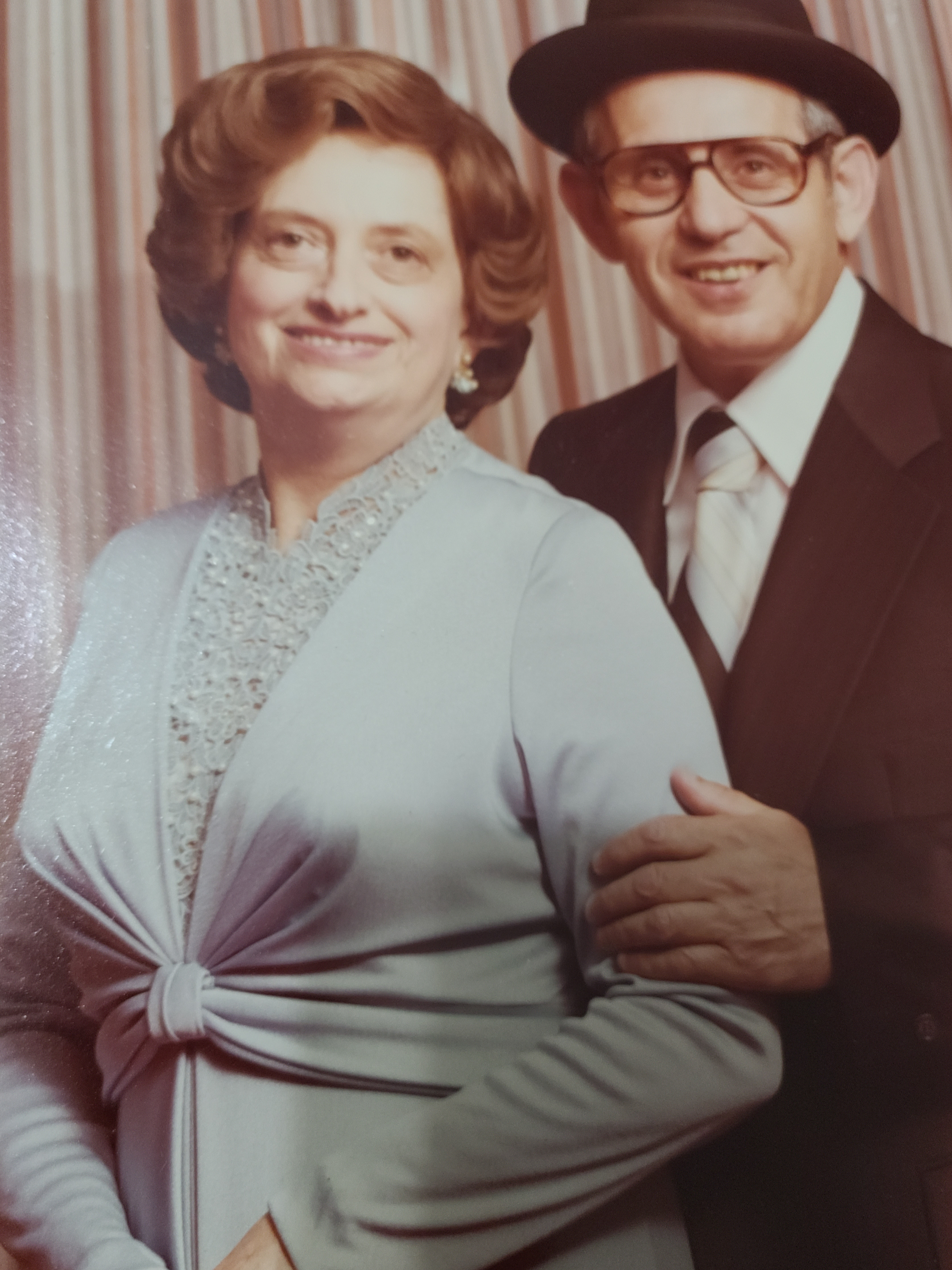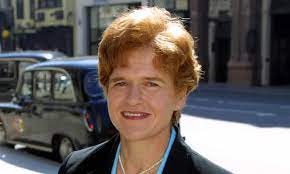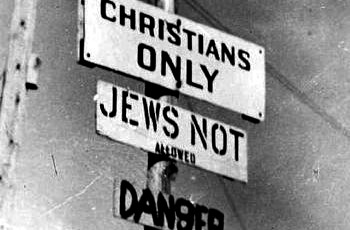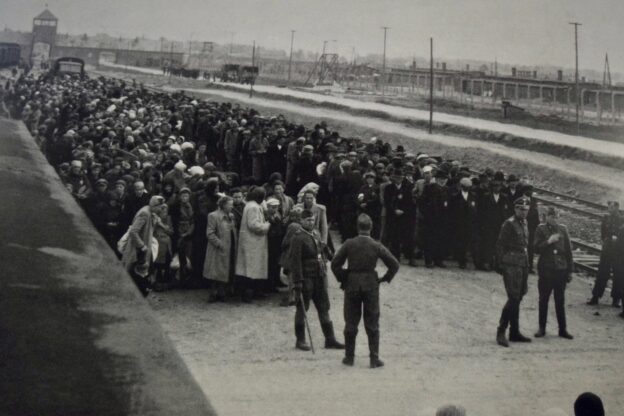At 14 years of age, my mother assumed that “sitting shiva,” the Jewish week-long observance of mourning for a close relative, was just part of the regular Jewish year-cycle.
That was because, after immigrating as a young child with her parents and maternal grandmother to Baltimore from a shtetl in Poland not long before World War II, within three years she lost her grandmother, her 20-year-old brother, who took suddenly ill and died while studying in a New York yeshiva, and then, shortly thereafter, her father, who perished, they said, of a broken heart. He was 48.
I never met my mother’s father, who served as a respected rabbi of a small Baltimore synagogue; I was born some 16 years after his death. But a photograph of him, dark-eyed, long-bearded and in rabbinic cap and garb, looks down at me from within a cherry-wood frame over the desk where I write.
After his death, his widow, a quiet, calm and determined woman, finding herself suddenly on her own, summoned the energy to open a small Jewish bookstore, and the strength to make it a small success.
My mother’s mother was successful, too, with the help of a Brooklyn rabbi, in finding a suitable husband for her daughter.
He was also a Polish immigrant, a yeshiva boy who had spent the war years in a Siberian work camp, courtesy of the Soviet Union. Essentially penniless, he courted my mother by quietly singing songs to her in his sweet voice as they rode the subways in New York where she had a secretarial job.
Like his bride’s father, he became the rabbi of a congregation, but in his case, happily, serving it for more than a half-century. My mother, though, was his partner in full, befriending and counselling the shul’s congregants, and running its youth program. My parents had three children, a girl and then two boys. I am the older boy, though I haven’t been a boy for more than 50 years.
My mother’s only other sibling, a brother, was studying in a Baltimore yeshiva when the U.S. entered World War II. He left the study hall to join the military and, after serving honorably in the South Pacific, returned to Baltimore and married. He and his wife, though, were childless.
And so it was my mother alone who was left to carry on her parents’ line.
I often marvel at how, throughout my youth, her young experience of repeated loss never registered on her face or in her demeanor. It never occurred to me that she had had so wrenching a childhood; it was only long into my own adulthood that I heard her mention, en passant, her mistaken notion that shiva was just part of the Jewish year
It became obvious to me in adulthood that my mother didn’t want to burden her own children with the pain she had borne in her younger days. She was constantly upbeat, optimistic, nurturing and encouraging. Everything anyone could ask for in a mother. And it was real. She didn’t muffle the sadness of her youth; she overcame it.
Today, surveying a world so rife with anger at fate, so full of self-centered gripes about slights and harms, real or imagined, I regularly conjure the image of my mother. And the knowledge of what her youth was like, and how she transcended the personal tragedies she endured at a tender age, how she never allowed self-pity to embitter her, how her sights were only on joys of the present and hopes for the future, not on the hardships of the past.
And, as it happens, her hopes were realized. Although she died more than thirty years ago when she was only 65, she lived to see many grandchildren. And were she alive today, she could smile at triple-digit progeny, grandchildren and great-grandchildren, all of them living vibrant Jewish lives.
And I am quite sure that the very last thing she would be thinking about was her fourteenth year.
© 2022 Rabbi Avi Shafran









